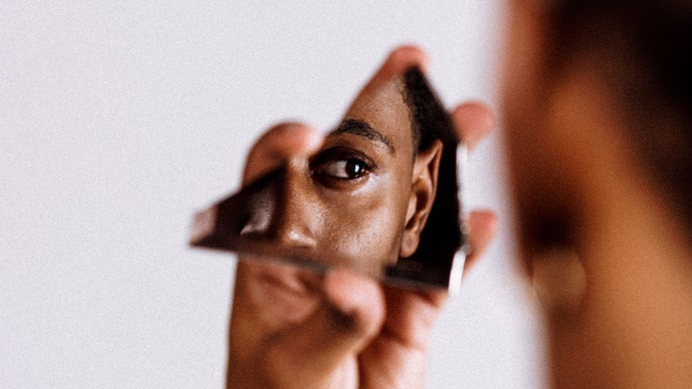Sex work is an open secret in Ghana, with female sex workers labelled as ‘bad girls’. LSE alumni Krista Samson considers the ways in which the lives, motivations and aspirations of these women are rarely considered, which serves to perpetuate harmful and restrictive stereotypes.
Sex work in Ghana, in particular Accra, is one of those open secrets. While the practice is frowned upon, if you ask almost anyone on the streets where you can find areas notorious for Ashawos, people could point you in the right direction.
In spite of collective knowledge on the whereabouts of sex workers in Accra, it dawned on me that, growing up in the city, I knew very little about these women. I had never thought much about them outside the stereotypes and public images they are often assigned.
Female sex workers in Ghana have long been labelled as the ‘bad girls’ – which is where the description ends. The public perception of these women has never made room for the traumatising or unfortunate circumstances or even deliberate choices that may have led them to sex work in the first place. The all-too-familiar condemnation simply brands them in such a way that expects them to find better, more respectful jobs, in an economy that has a 6.71 per cent unemployment rate with fresh graduates sitting at home with few job prospects.
The public disapproval of these women often touts sex work as something they want to engage in, focusing on the intention behind a job they willingly choose (after all, they are supposed to be bad girls). After interviewing 15 sex workers in Accra, my research revealed that sex work for these women is often a stepping stone, a means to a greater end and not as far removed from other work as often thought.
One woman said to me, ‘Every girl can do it, so I don’t listen to what people say to be broken-hearted.’ Another said, ‘I don’t see it [sex work] as a bad thing. It’s a good thing for people that don’t have anyone looking after them.’ These sentiments were echoed by almost all the women interviewed. While a few of the respondents acknowledged Ghanaian society’s disapproval, they were quick to point out that sex work was simply work done to live.
Some of these women expressed discontent with their work, but they were also resigned to their situation in which they lacked opportunities for other employment. One woman said: ‘It’s not like it’s nice for us or that we enjoy the sex, but maybe your mother will call you when she needs a certain amount of money, but you also don’t have it, so whatever you have to do to get the money, you have to do it.’

With dreams of becoming beauticians, hairdressers and seamstresses, the respondents set their sights on work other than sex work, contrary to the typical belief of many Ghanaians (me included previously). The interviews highlighted that morally binary attitudes only serve to perpetuate pre-existing and restrictive stereotypes of the ‘bad girl’ image.
Rather than condemning sex workers and the work they do, we ought to focus more on creating opportunities for women, especially when they may have come from difficult backgrounds, and they are eager to apply their skillsets to earn an income. Organisations such as The Women of Dignity Alliance (WODA) – the organisation that helped me organise the interviews – gathers sex workers from communities across Accra and puts together regular workshops to educate them on health issues, as well as teaching them various practical skills such as bead- and soap-making, should they decide to shift into other fields of work.
During the interviews, some of the respondents had their babies tied to their backs or nearby playing with the babies of other sex workers. In the eyes of their children, these women are mothers and nothing else. Whether they are recognised for it or not, to these children they are providers, caregivers and sources of comfort.
Featured photo by Carsten ten Brink (CC BY-NC-ND 2.0). Main photo: jozuadouglas from Pixabay.






Ghana is a country rapidly deteriorating into a corrupt, autocratic, place, where women have always been disenfranchised, and are becoming even more so. The author has done a good job of describing the experienced reality for a group of women caught in forces they cannot overpower, and doing their best to survive, not fully understanding the many ways their basic human rights are being violated.
I agree that the author has humanized Ghanaian sex workers accurately. I would add that, as a citizen of a “developed” country, I have observed that the low social status of women throughout Ghanaian society, and the norms that the society that gives men more power in society, and power over women in marriage, and the acceptability of coercing women to have sex with employers, makes sex work not unlike many of the their experiences with men. Sadly, the end result is often the repeated and ongoing violation of their basic human rights, as has been noted. I believe that often inflicts a kind of “moral injury”, akin to the moral injury any person who has to do “wrong” to do right for those they care about, will often endure.